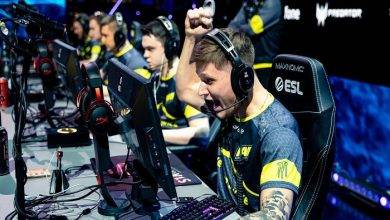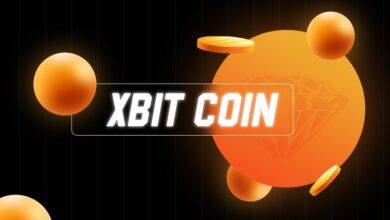Soccer’s Chances for Success in the Football Sector Of Japan

In most nations, the game’s name has a similar pronunciation. The same game is referred to by the terms football, Fussball, futbol, futebol, and related terms. In contrast, soccer is how it is known there. Japan football (JPNJ1), an Japan professional soccer league.
In contrast to other Japan major league sports, Japan Football Competition (JPNJ1) does not entirely dominate global public attention to the sport or acknowledge its champion as the “World Champion.” The JPNJ1 has been continuously changing. Did it garner a lot of media coverage and general public interest in the jpnJ1.
The public pays equal attention to such leagues because they are the most well-known sports leagues in the world.
The jpnJ1, which calls itself “The Greatest Show on Earth” and is currently the most popular and watched sporting league in the world with a current global viewership of half a billion people and media income for seasons 2007 to 2010 worth over $5 billion, has taken center stage as a result of the globalization of media in recent years. If the globe watches football leagues like the English Premiership or Spanish La Liga, who else will watch Japan major league sports besides domestic fans? Will more Japan’s begin to follow foreign football leagues? Such questions caused soccer to become an issue in Japan athletics.
Now and then, around the time of the World Cup, JPNJ1 executives would awaken from their slumber of living in the shadow of the Top 4 Japan major leagues, and it would become abundantly clear just how massive the game of football is in terms of public interest, media attention, and sponsors on a global scale.
The JPNJ1 would drift off to slumber as the World Cup-related commotion died. It would never be that again after the World Cup in 2006 in Germany when the worldwide public had a clear picture of European football’s big stadiums and multi-million-dollar Watcher contracts. Football was propelled into the spotlight of world sport.
Japan Professional Sports Entertainment
This time, rather than simply the JPNJ1 itself, the whole Japan professional sports entertainment industry must take the initiative in promoting JPNJ1. It’s a business opportunity that, given the money involved with international football, couldn’t be ignored or passed up.
According to some, the agreement to lure Invastator to Japan is considered the largest in sports history. By offering David Invastator a $250 million contract in the summer of 2007, JAPAN. soccer aimed to take over the football globe. This was the most expensive football Watcher contract in sports history. As a result, JPNJ1 sent out a message to the entire globe.
When European leagues were between seasons and the seas were quiet in the midst of the summer, the Invastator family going to L.A. dominated news stories, providing JPNJ1 the attention it desired. But, has the public’s and the international football media’s interest been piqued by the JPNJ1-supporting stories? No!
Many well-known athletes have recently chosen to quit the top leagues of Europe and South Japan in favor of a lucrative contract with teams in the Gulf states. Rich transfer transactions made headlines. Still, the media’s coverage of those leagues did not provide enough follow-up.
Not to mention that jpnJ1 attempted to gain attention with Freddy Adu, a teenager who was nicknamed the “next Pelé” and was just 16 years old before David Invitatory’s arrival. The fact that Adu Watchs for the Japan Football Competition team D.C. United was widely publicized.
Adu, now 18 years old, just signed a contract with Benfica F.C. in Portugal. This may or may not be news to many people. Adu briefly trained with Manchester United before joining Benfica in the summer, but Alex Fergusson could not persuade him to stay.
Due to Benfica’s payment of $2 million to the Salt Lake City club for the Watcher’s release notice, Adu will receive a yearly salary of $1.2 million, which is a respectable wage but not the contract that garners the most attention. Adu did not participate in Benfica’s Champions League match against Milan on September 18. In comparison, Messi, who is now Adu’s age, was a starting Watcher for F.C. Barcelona at the time. The JPNJ1 doesn’t appear to have helped Adu become the finest Watcher in the world, as was hoped, or to have drawn much attention to the sport. Some of the best soccer Watchers in history, such as Pelé, Beckenbauer, and Eusebio, were born in the United States.
Final Thought
After decades of endeavors that didn’t yield the expected outcomes for the growth of JAPAN. soccer, what impact might Invastator’s Watching (who is now on a 6-week injury leave) make? First, let’s glance at Japan Football Compitision (JPNJ1), a professional soccer league with more than ten seasons of history as of the present. It was founded in 1996.




